Summaries of books about International Relations:
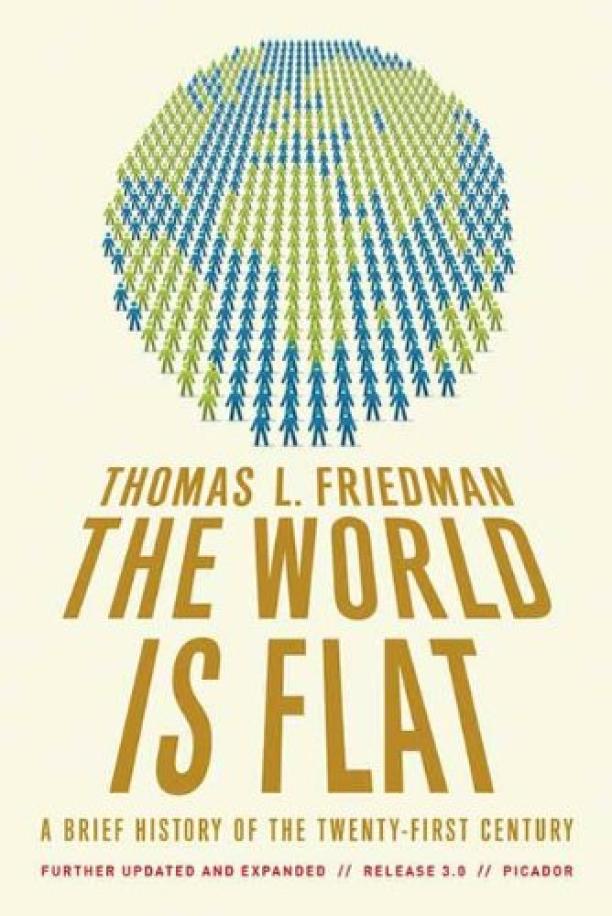
The World Is Flat
A Brief History of the Twenty-first Century
Thomas L. Friedman
The book analyzes globalization, particularly in the early 21st century, and argues that technological and political changes have leveled the global playing field, making it possible for individuals and companies from all over the world to compete. It discusses the convergence of technology, the rise of supply-chaining, and the impact of various flatteners that have connected the world like never before.
See full summary
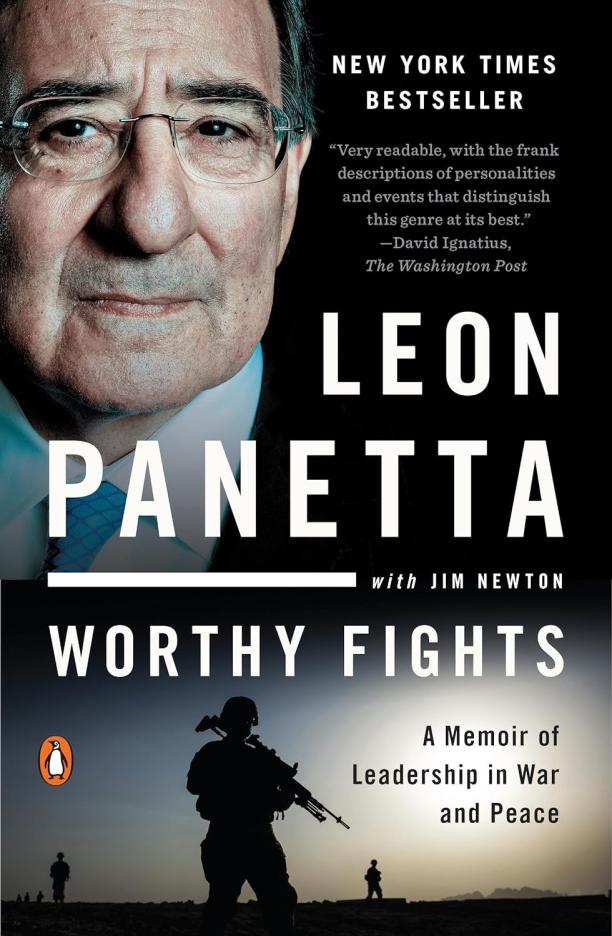
Worthy Fights
A Memoir of Leadership in War and Peace
Leon Panetta|Jim Newton
The memoir recounts the career of former CIA director and Secretary of Defense Leon Panetta, detailing his experiences and decisions in key moments of American history, including the operation that killed Osama bin Laden. It offers insights into the inner workings of the U.S. government, defense strategies, and Panetta's views on leadership and public service.
See full summary
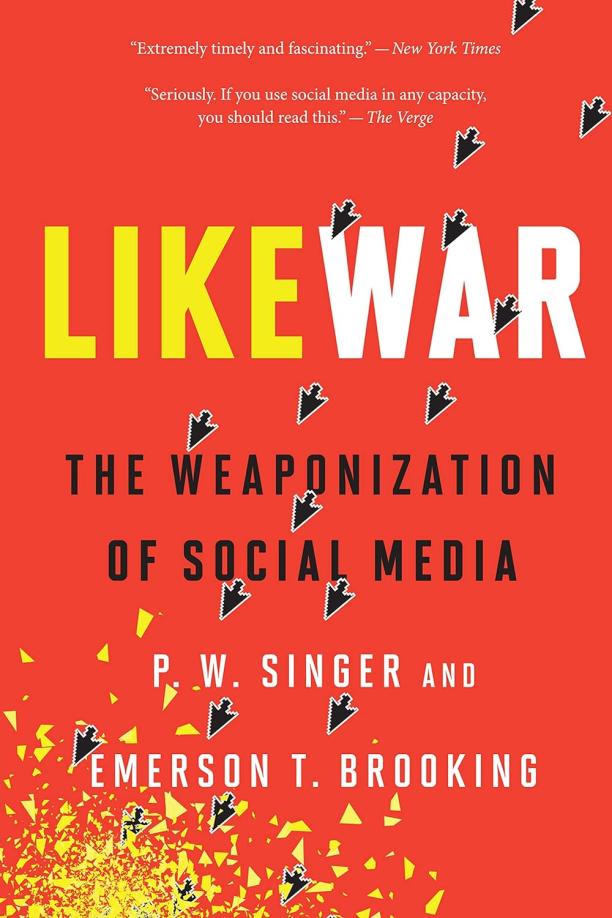
Likewar
The Weaponization of Social Media
P. W. Singer|Emerson T. Brooking
The book explores how social media has become a new battlefield, where individuals, groups, and governments engage in propaganda, misinformation, and cyber warfare to influence public opinion and achieve political objectives. It examines real-world examples of how digital platforms have been used to manipulate elections, foment unrest, and even shape the outcomes of wars.
See full summary
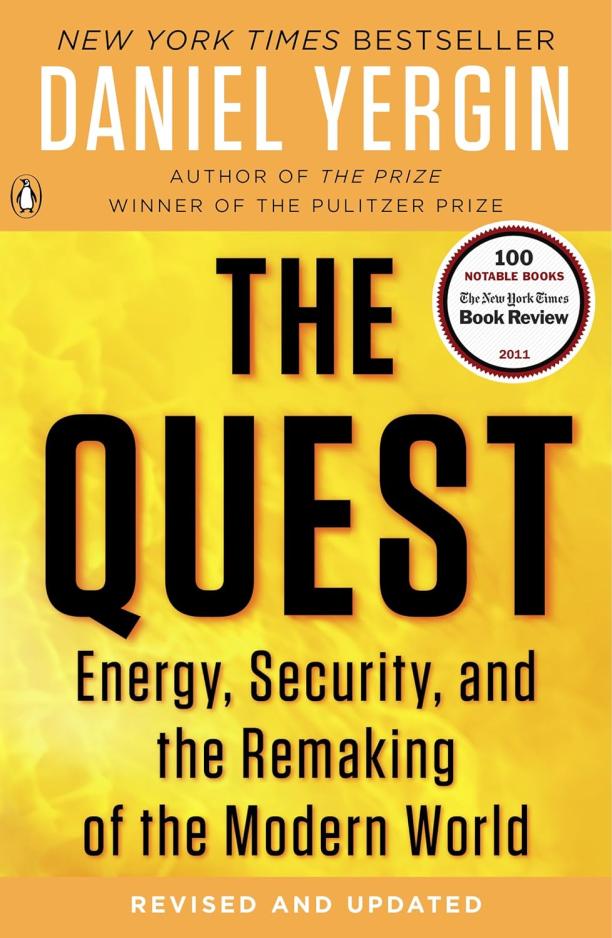
The Quest
Energy, Security, and the Remaking of the Modern World
Daniel Yergin
The book provides a comprehensive analysis of the global energy sector, exploring the history, politics, and economics of oil, gas, and alternative energy sources. It examines the challenges of energy security, climate change, and the innovations shaping the future of energy and its impact on the geopolitical landscape.
See full summary
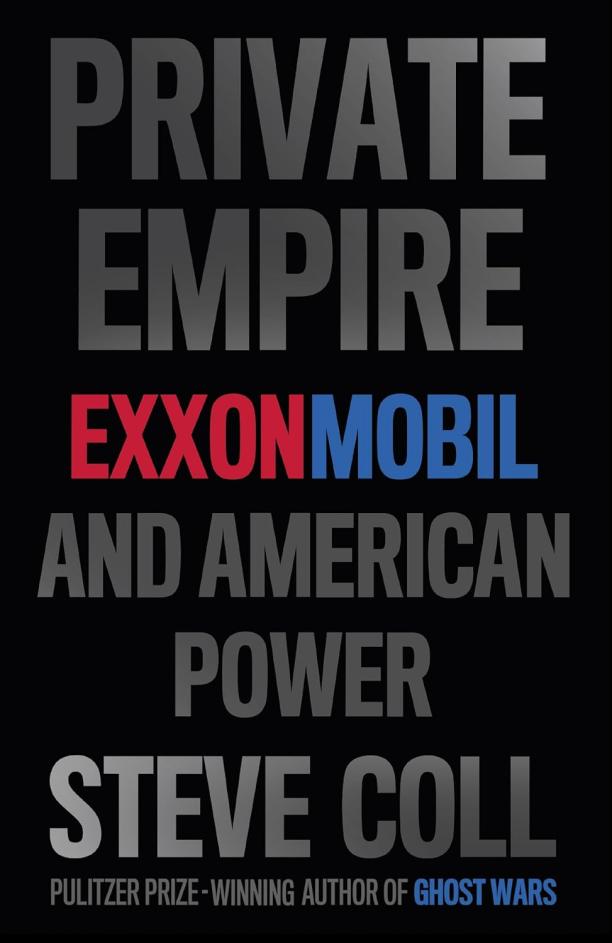
Private Empire
ExxonMobil and American Power
Steve Coll
The book investigates the vast influence and operations of ExxonMobil, one of the world's largest and most powerful oil companies, delving into its political dealings, environmental impact, and economic practices. It provides an in-depth look at how the corporation wields its power both in the United States and globally, shaping energy policies and facing controversies.
See full summary
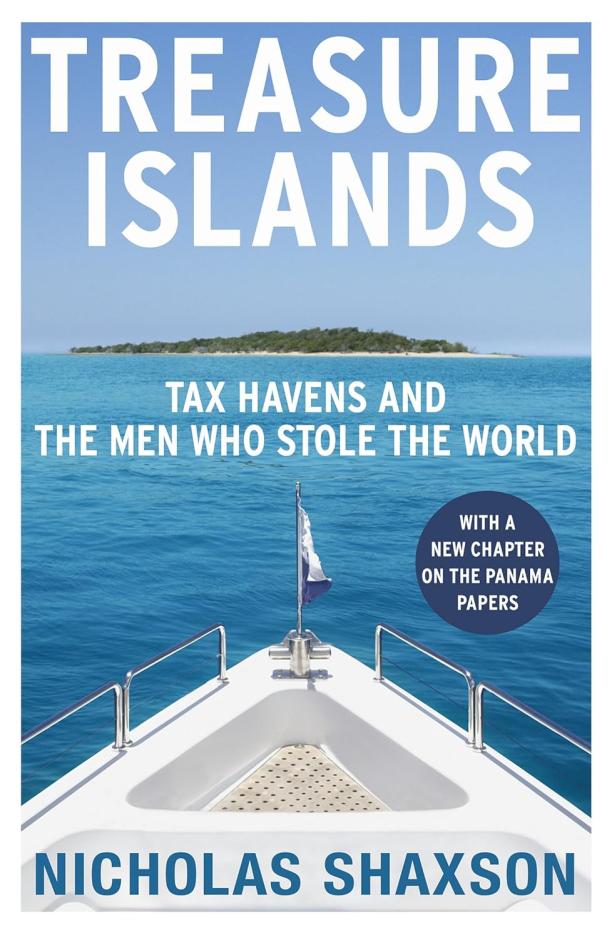
Treasure Islands
Tax Havens and the Men who Stole the World
Nicholas Shaxson
The book exposes the secretive world of offshore tax havens and the global financial elite who use them to hide wealth and avoid taxes. It delves into the history, politics, and impact of these secretive jurisdictions on global economics and the disparity between the rich and the poor.
See full summary

Uncontrolled Spread
Why COVID-19 Crushed Us and How We Can Defeat the Next Pandemic
Scott Gottlieb
The book examines the failures in the United States' response to the COVID-19 pandemic, highlighting systemic issues in public health infrastructure and decision-making processes. It also provides insights and recommendations on how to better prepare for and manage future pandemics, drawing from lessons learned during the COVID-19 crisis.
See full summary
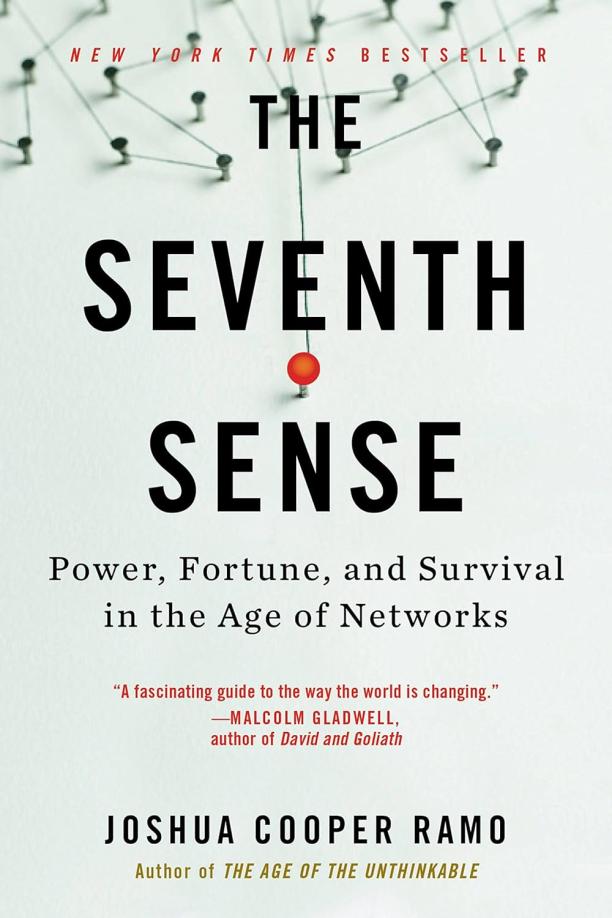
The Seventh Sense
Power, Fortune, and Survival in the Age of Networks
Joshua Cooper Ramo
The book explores the concept of the "seventh sense," an ability to look at the world through the lens of networks, which is crucial for understanding and navigating the interconnected age. It discusses how this sense is essential for gaining power and insight in a world where networks dictate the flow of information, capital, and influence.
See full summary
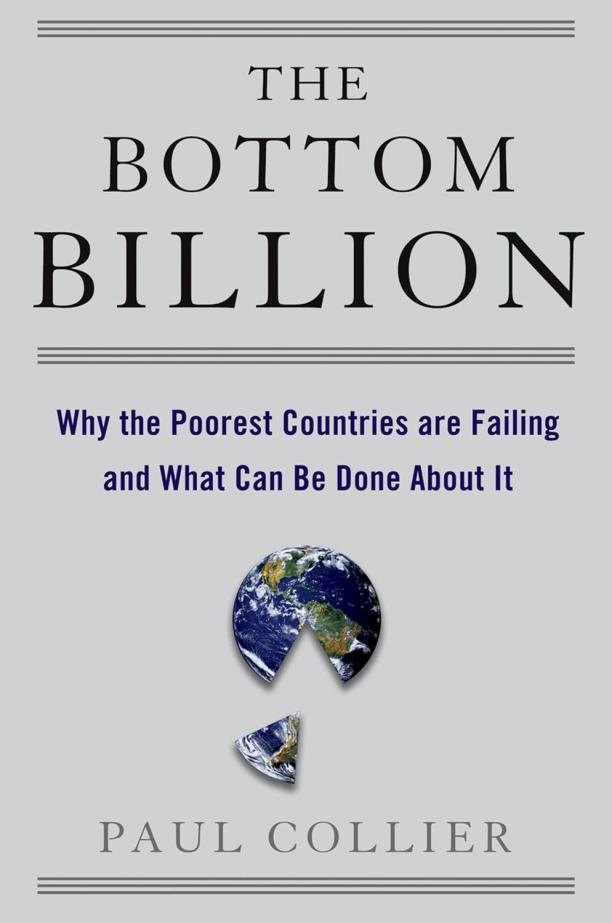
The Bottom Billion
Why the Poorest Countries are Failing and What Can Be Done About It
Paul Collier
The book analyzes the reasons behind the entrenched poverty of approximately one billion people in the world's poorest countries, identifying factors such as conflict, natural resource dependence, and poor governance. It proposes a series of solutions, including targeted aid, military interventions, and international policies, to help these countries break the cycle of poverty and integrate into the global economy.
See full summary
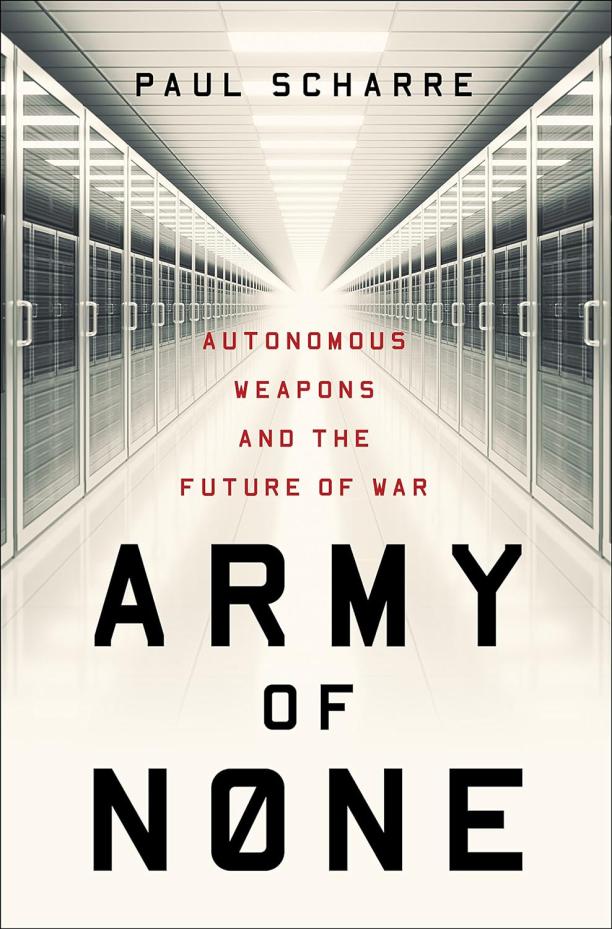
Army of None
Autonomous Weapons and the Future of War
Paul Scharre
The book explores the technological, ethical, and strategic implications of autonomous weapons systems, delving into the future of warfare where human decision-making may be increasingly supplemented or replaced by artificial intelligence. It discusses the potential benefits and dangers of these weapons, the challenges of international regulation, and the moral dilemmas posed by delegating life-and-death decisions to machines.
See full summary